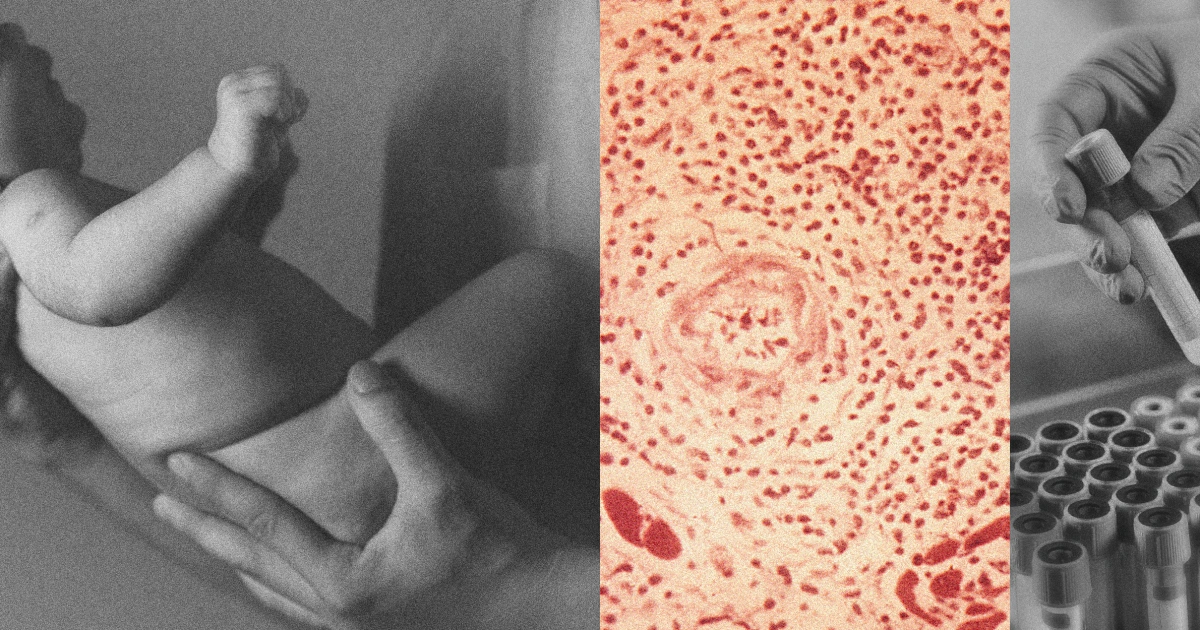New York state is facing a troubling surge in congenital syphilis cases, with at least three infants reported to have died this year due to the preventable infection. Health officials are sounding the alarm, warning that without stronger prevention and treatment efforts, more families could face similar tragedies.
A Preventable Condition
Congenital syphilis happens when a pregnant person with untreated syphilis passes the infection to their baby during pregnancy or delivery. While the condition is entirely preventable with timely diagnosis and treatment, it can lead to devastating outcomes such as stillbirth, premature delivery, infant death, or lifelong complications including bone deformities, neurological damage, and vision or hearing loss.
Rising Numbers
So far this year, New York has confirmed more than 20 cases of congenital syphilis outside New York City, including the three infant deaths. Last year, the state reported 36 cases, with multiple stillbirths and one infant death. These numbers mark a sharp increase compared to past years, showing that the crisis is worsening rather than improving.
The trend in New York reflects a national problem. Across the United States, thousands of babies are born each year with syphilis, and hundreds die as a result.
Who Is Most Affected
The burden of congenital syphilis is not evenly distributed. Communities facing barriers to healthcare access—including Native American, Hispanic, and Black families—are disproportionately affected. Limited access to regular prenatal care, delays in testing, and systemic inequities contribute to the rising number of preventable cases.
Steps Being Taken
In response, New York has made syphilis testing mandatory during pregnancy at three stages: the first prenatal visit, the third trimester, and at delivery. This ensures more opportunities to catch the infection before it endangers an infant’s life.
The main treatment for syphilis during pregnancy is penicillin, but shortages of the antibiotic in recent years have complicated efforts to keep mothers and infants safe. Experts stress that strengthening the medical supply chain and expanding treatment access are critical to preventing further tragedies.
What Needs to Change
Health specialists emphasize several urgent steps:
- Expanding public awareness about the risks of syphilis during pregnancy.
- Ensuring comprehensive prenatal care for all, particularly in underserved communities.
- Increasing access to same-day testing and treatment to close dangerous gaps between diagnosis and care.
- Encouraging partner testing and treatment to prevent reinfection during pregnancy.
The Bigger Picture
The deaths of infants from congenital syphilis in 2025 highlight failures in public health systems that should already have the tools to prevent such outcomes. With proper testing, treatment, and education, no baby should lose their life to this disease.
The rising toll in New York is a warning signal that urgent and coordinated action is needed—not only to save lives today but to prevent a worsening crisis in the years ahead.















Leave a Reply